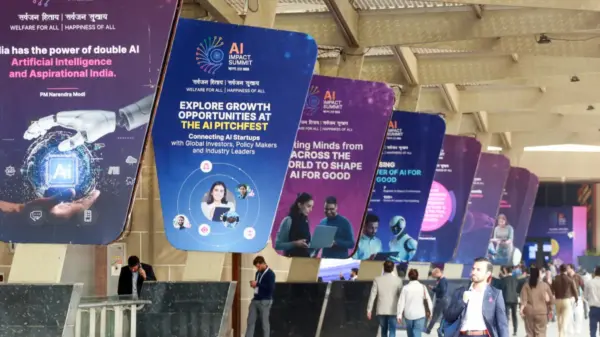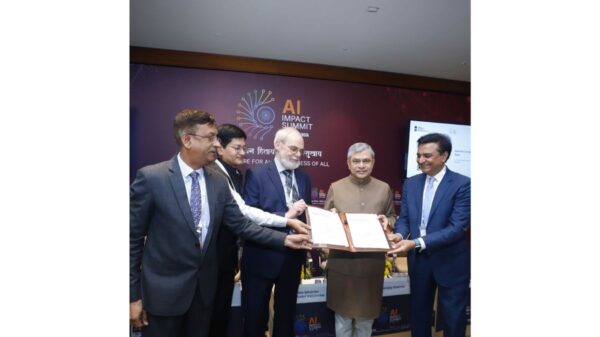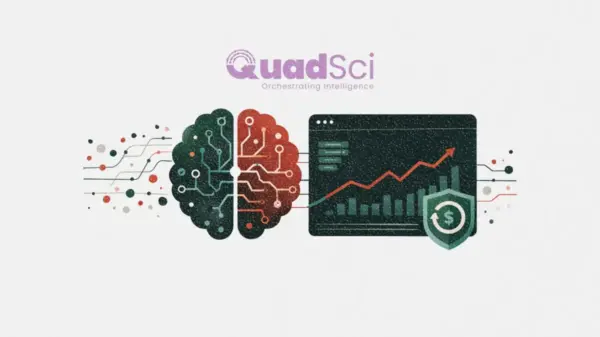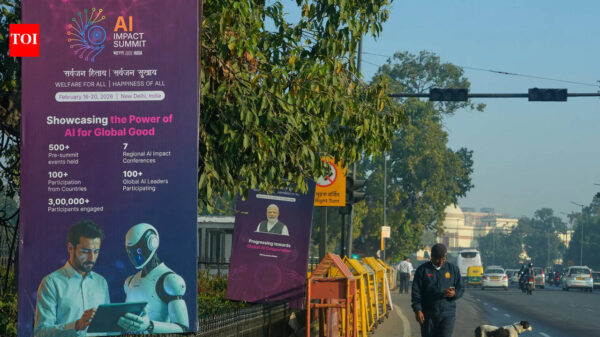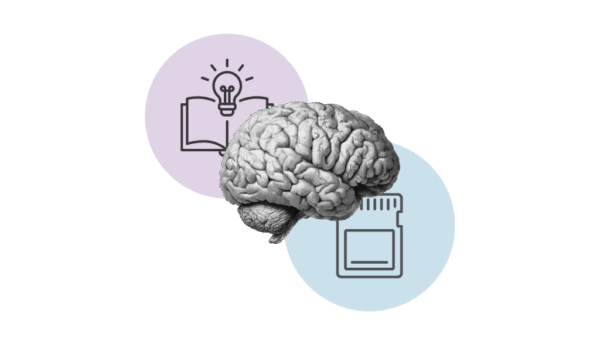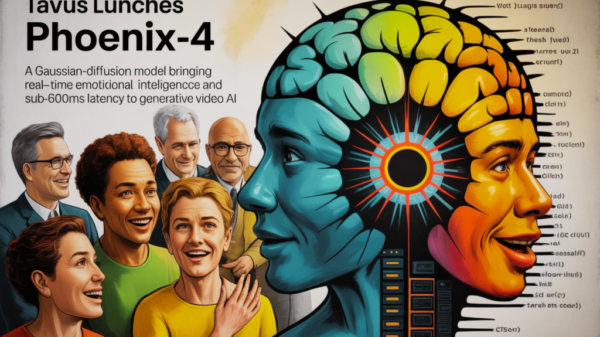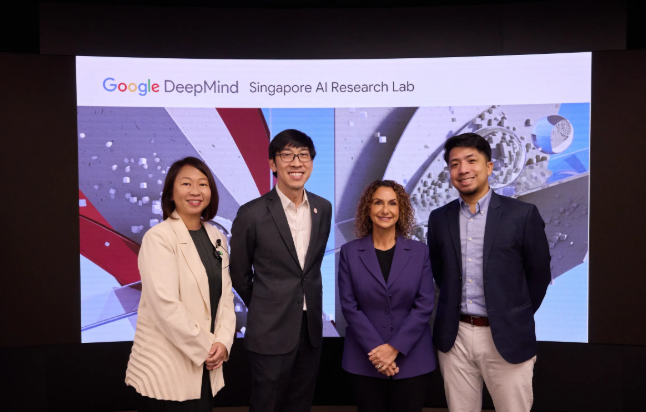In a significant move aimed at enhancing artificial intelligence (AI) capabilities in the Asia-Pacific (APAC) region, Google DeepMind has announced the establishment of a new AI research lab in Singapore. This initiative is part of the company’s broader strategy to drive the adoption and real-world implementation of AI technologies across the diverse landscapes of APAC, which is home to over half the world’s population.
In a statement released on Wednesday, Google emphasized that this investment reflects its ongoing commitment to the APAC ecosystem, noting that the size of its APAC team has more than doubled in the past year. The newly formed lab will be staffed with a team of distinguished research scientists, software engineers, and AI impact experts, all dedicated to advancing the Gemini model and other frontier AI capabilities. A key focus will be on fostering linguistic and cultural inclusivity within the region.
The lab will prioritize collaboration, engaging directly with governments, businesses, civil society, and leading academic institutions throughout the region. Google DeepMind aims to understand how best to develop technologies that address the unique needs and challenges faced by the diverse communities in APAC.
Singapore’s government has demonstrated a forward-thinking approach with its National AI Strategy 2.0 and Smart Nation 2.0 initiatives, providing a conducive environment for global talent and innovation. “We are already seeing the extraordinary positive impact that our teams and partners are generating by applying Google technologies across Singapore and the wider region,” remarked Lila Ibrahim, Chief Operating Officer of Google DeepMind.
In the realm of science, the lab’s efforts are already bearing fruit. A multidisciplinary research team from Singapore’s Agency of Science, Technology and Research (A*STAR) and the National Neuroscience Institute (NNI) has utilized AlphaFold to achieve a breakthrough in understanding Parkinson’s disease. This work has established a connection between immunology and neurodegenerative diseases, potentially paving the way for earlier diagnosis and targeted therapies.
Moreover, Google DeepMind is collaborating closely with GovTech, the Cyber Security Agency of Singapore (CSA), and the Infocomm Media Development Authority (IMDA) to develop an AI agent sandbox. This platform allows for the safe testing of autonomous solutions aimed at enhancing public sector efficiency and service delivery.
On the linguistic front, the company has partnered with AI Singapore to launch Project Aquarium, a comprehensive open data platform focusing on Southeast Asian languages. Additionally, Google DeepMind has expanded its collaboration on the SEA-LION project, a series of large language models (LLMs) fine-tuned to reflect the region’s cultural contexts and linguistic nuances. This effort culminated in the launch of the first multimodal model, SEA-LION v4, which is based on the capabilities of Gemma 3.
In an educational initiative, Google DeepMind is offering students in Singapore a one-year free access to the Google AI Pro Plan, enabling them to unlock enhanced features for creativity and learning. The introduction of Gemini Academy through IMDA’s Singapore Digital Office aims to broaden AI literacy, making AI tools accessible to all.
The company also supports Singaporean AI startups through its Google for Startups program, particularly those focused on employing generative AI to address significant economic, societal, and environmental challenges.
As Google DeepMind amplifies its presence in Singapore, it remains committed to ensuring that the benefits of AI reach diverse communities across the region. “Through our new AI research lab, we will continue collaborating with the region’s vibrant ecosystem of partners to unlock AI’s transformative benefits for diverse communities,” Ibrahim concluded.
The establishment of this lab not only marks a pivotal moment for Google DeepMind but also highlights the broader potential for AI advancements in a region poised for immense growth. As APAC countries increasingly embrace digital transformation, the role of responsible AI development becomes paramount in shaping a future that is inclusive and culturally reflective.
See also University of Utah Launches ChatGPT Edu, Enhancing AI Tools for Campus Community
University of Utah Launches ChatGPT Edu, Enhancing AI Tools for Campus Community Harvard Probes Larry Summers Over Epstein Emails Amid OpenAI Board Resignation
Harvard Probes Larry Summers Over Epstein Emails Amid OpenAI Board Resignation Columbia Engineering Launches New AI Minor for Non-CS Undergraduates to Address Ethical Impact
Columbia Engineering Launches New AI Minor for Non-CS Undergraduates to Address Ethical Impact Cisco Launches DCAI Certification to Equip Professionals with AI Infrastructure Skills
Cisco Launches DCAI Certification to Equip Professionals with AI Infrastructure Skills Google DeepMind Launches AI Research Lab in Singapore to Drive Regional Innovation
Google DeepMind Launches AI Research Lab in Singapore to Drive Regional Innovation















